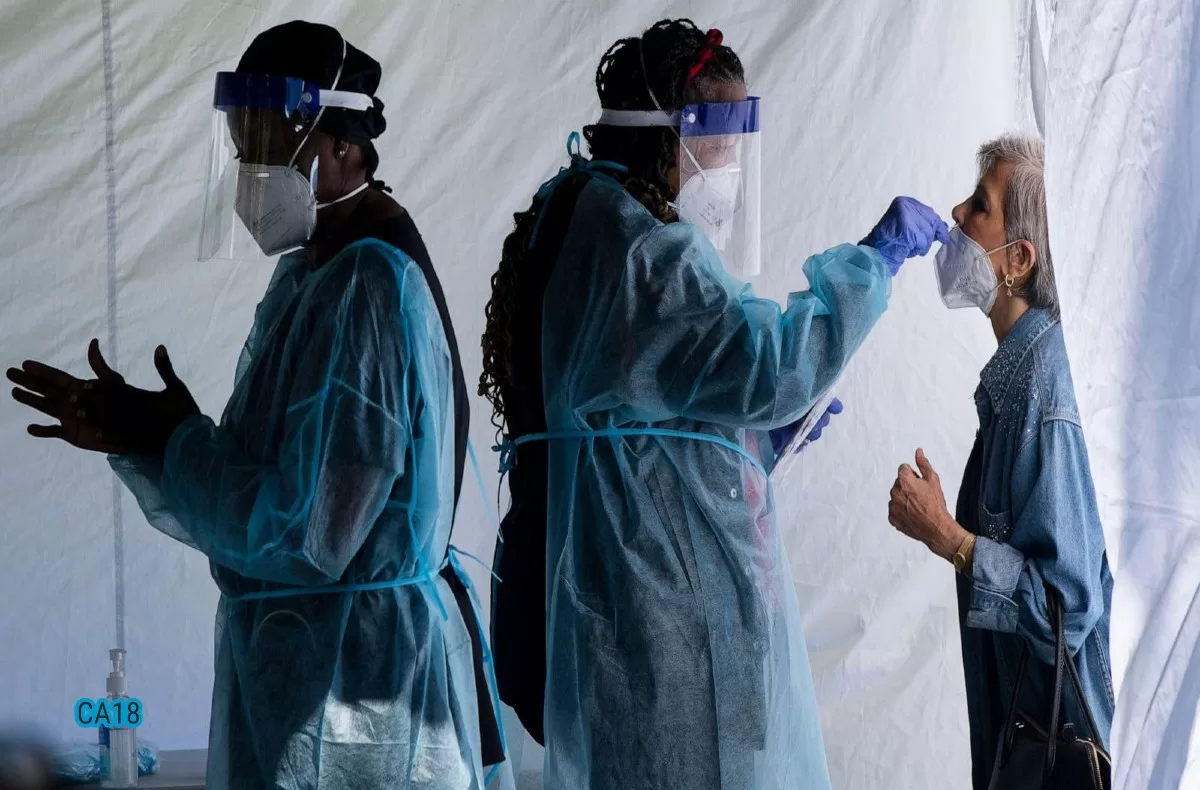(It may be of interest to you: What is erotic hypoxia and what risks does this sexual practice have?).
Compared to previous research that has focused on families with only one child affected by the disorder, this study has addressed the rare scenario of multiple autistic children in the same family.
(We recommend: Bill Gates reveals what is the mistake he regrets and why he does not forgive it now).
This has allowed us to examine the role of inherited genetic variations rare and how they interact with multiple common genetic variations to contribute to autism risk.
In this study, the researchers sequenced the complete genomes of 4,551 individuals from 1,004 families with at least two children diagnosed with autism. Among them there were 1,836 children with autism and 418 children without a diagnosis.
As a result, seven potential genes that are predicted to increase autism risk were identified: PLEKHA8, PRR25, FBXL13, VPS54, SLFN5, SNCAIP y TGM1. The particularity of this finding is that other previous studies required much larger cohorts to identify a similar number of new risk genes. Most of these genes were based on rare DNA variations hereditary transmitted from parents to children with autism.
(Also: Covid-19: what does the new variant that has been circulating in Colombia since June imply?).
The researchers also explored the polygenic risk, which refers to how the combination of multiple common genetic variations can increase the likelihood of developing autism.
They found that children who inherited rare mutations from unaffected parents, along with elevated polygenic risk, had more likely to develop autism.

(Read here: Health reform: reasons why the minister assures that the project will be a reality).
In addition, it was found that the children with language delays were more likely to inherit an autism-associated polygenic score, compared to those without language delay. This suggests a link between genetic risk for autism and language delay.
Despite this finding, the professional diagnostic guide for disorders, the Diagnostic and Statistical Manual of Mental Disorders (DSM-5), does not currently consider language delay a core symptom of autism.
*This content was rewritten with the assistance of artificial intelligence, based on information published in the Europa Press agency, and was reviewed by a journalist and an editor.


